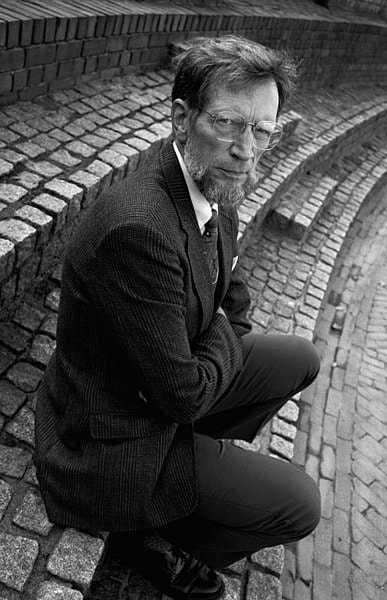The problem atheists run into here is perhaps best discussed by Alvin Plantinga. Plantinga points out that if natural selection selects for survival, one cannot say that it selects for truth. There are many examples of false beliefs that can be more beneficial to a being’s survival than an understanding of the truth. Let me provide you with just a few examples.
1. Some bird species are promiscuous while the other gender sits on the eggs. They act monogamous, but they’re really sleeping around. A lack of insight into being cheated on allows for a close knit mother and father who will raise their child (or whoever else fathered it), plus it allows for more genetic diversity. A father who believes he is passing on his genes takes care of an egg which may not be his may be ensuring his genetic destruction.
2. Studies have been done where food is placed on a table in one room, while in the other the food has a string hanging over it which is connected to a trash can all the way across the room. Participants were less likely to eat the food with the string hanging above it because of its association with the trash can. This is despite the fact that the food is obviously fine to eat, with no effect from the trash can. But this instinct to avoid things associated with danger is a great survival instinct.
3. Paradolia, or our tendency to visualize things where they aren’t really there. This phenomenon may cause us to see or hear danger where none exist, but our tendency to over-infer danger is more important for my survival than if I were to under-infer it.
4. Free will is logically inconsistent in a naturalistic world, yet we believe we have it. The consequences of not believing in free will are very damaging. Many studies have been done where subjects have been primed with deterministic ideas, and cheating scores and pessimism rose significantly in the group as compared to the control. A belief in something we don’t have on atheism is vital to our survival, at least for now.
5 Belief in religion can be extremely advantageous, and if naturalism is right, religion is false. But most religion focuses on altruism, hope, love, etc – so it is better than many implications for life brought out by atheism.
6. The will to survive is in and of itself a false belief. My survival doesn’t alter my molecules to be magical molecules that infuse purpose into the world. My survival and procreation doesn’t change anything – it just moves my molecules along through the universe in a different path than they would have otherwise taken. This notion of importance and purpose is nothing more than a big fabrication. We just are. Whether we live or die is irrelevant. Matter will simply do what it does, and whatever it does is fine. But if it weren’t for this instinct, we wouldn’t be around to ponder such contradictions.
So atheism has tenuous grounds on which to accept truth. They can say that truth exists, but they have to question everything they observe. It’s the new form of solipsism. While Descartes may have helped to resolve the question of our existence (I think, therefore, I am), naturalism causes us to have to question the accuracy of how we perceive things. On atheism, the spectrum of light our eyes are able to observe – the range our ears are able to hear – the hormones that pervade our bodies – and the mental capacities we have are all given to us by a non-sentient object that doesn’t have a goal, and merely exists. Everything we then perceive is relative, our words an agreed upon fiction, and truth a tragically hoped for idea which can never be known.
Atheists find it pathetic that posited gods cannot be known if they do exist. Ironically, their god “truth” is aloof in a naturalistic world.
[See the video below for a more extended explanation of Alvin Plantinga's argument about truth on naturalistic atheism]




 RSS Feed
RSS Feed